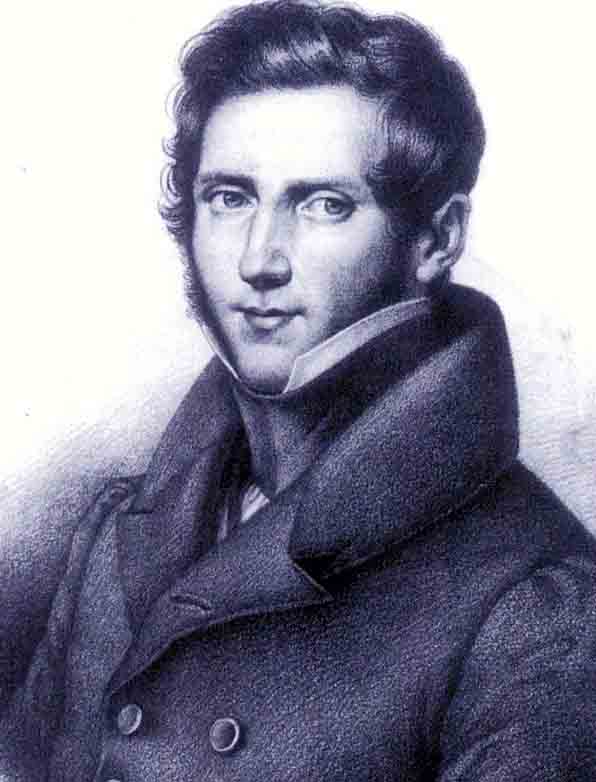

GAETANO DONIZETTI
29thNovember 1797 --- 8thApril 1848
Copyright 1953 Encyclopaedia Britannica
Last Updated on 2024
By Steven Ritchie
And now for the Music

NEW (4277)"Una Furtive Iagrima (The Secret Tear)". Sequenced by Steven Ritchie.
(3058)"The Rataplan". Sequenced by Steven Ritchie.
(3060)"Maria Stuarda Overture". Sequenced by Mehmet Dikmen.
(3061)"Fantasy on Lucrezia Borgia, Part.1 Trio". Sequenced by W.Pepperdine.
(3062)"Fanatsy on Lucrezia Borgia, Pt.2 Drinking Song, Duo, Finale". Sequenced by W.Pepperdine.
I would like to extend my thanks to Bjorn Lengton for these lovely donated pieces.
(3063"From the opera L'Elisir d'amore-- adina's cavatina
", Sequenced by Bjorn Lengton. (3064)"From the opera L'Elisir d'amore-- balcore's
cavatina", Sequenced by Bjorn Lengton. (3065)"From the opera L'Elisir d'amore-- the preludio (=overture)", Sequenced by Bjorn Lengton. (3066)"From opera L'Elisir d'amore-- una furtiva lagrima (= romanza)", Sequenced by Bjorn Lengton.

If you done any Classical pieces of say for example, Delius, mozart, and so on etc,
please email them to the classical music site with details to
"classical (@) ntlworld.com" written this way to stop spammers
just remove spaces and brackets for email address, thank you.

Visitors to this page --

Back to Classical Midi Main Menu click "HERE"